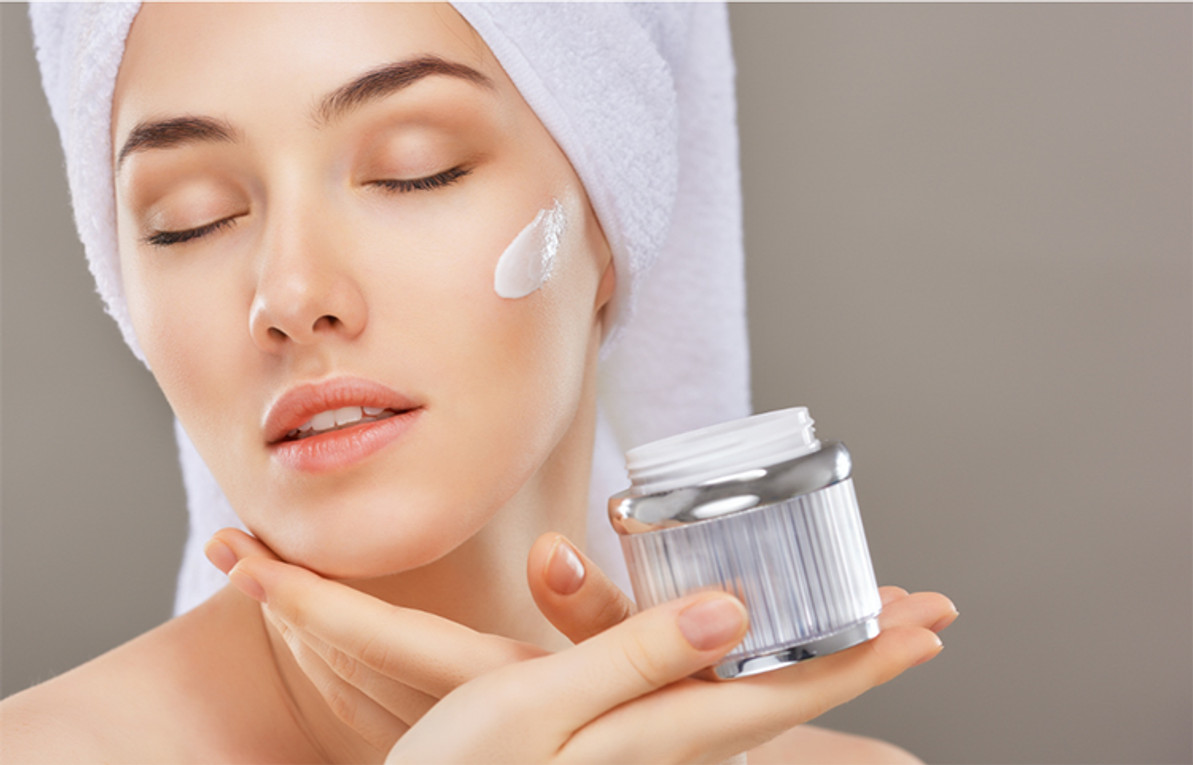Retinol: Beauty’s Miracle Ingredient
As you’re searching for a new anti-aging cream, you’ve probably come across products with retinol in its name. Many know of it as the miracle ingredient that minimizes wrinkles, plumps up the skin, brightens up the skin, and improves acne. Even dermatologists recommend it, so why not try it, right? Here’s some information to help you understand more about retinol, and if it's right for you.
What is Retinol?
Retinol is a vitamin A derivative and falls under the umbrella term of retinoid. Retinols come in different strengths in over-the-counter products in addition to prescription-strength formulas prescribed by a dermatologist. You may find retinol listed (from weakest to strongest) in skincare products as retinol palmitate, retinol, retinaldehyde, or adapalene. Prescription-strength formulas are known as tretinoin or tazarotene.
How Does it Work?
Retinoids work by encouraging rapid cellular turnover to allow for new cell growth underneath. It inhibits melanin production and the breakdown of collagen and thickens the deeper layers of the skin. Retinol also neutralizes free radicals in the skin to prevent and repair the damage. Although retinoids initially cause peeling, it doesn’t truly exfoliate.
What are the Benefits?
Minimizes wrinkles - Collagen is a major component of skin structure. Retinoids slow down the degradation of collagen to keep skin firm. It also improves the skin’s elasticity and thickness to minimize the appearance of wrinkles.
Improves acne - Retinoids reduce acne breakouts by preventing pores from clogging. It is most effective when used in conjunction with an antibacterial medication like benzoyl peroxide to kill acne-causing bacteria. Retinoids also minimize oil production, improve inflammation, smooth acne scarring, and lighten discoloration from acne.
Hyperpigmentation- Retinoids work in treating hyperpigmentation by blocking tyrosinase to reduce melanin production. Melanin is a dark brown or black pigment in the skin that is responsible for tanning when exposed to sunlight. Also, cell turnover is enhanced to encourage new cells to surface.
What are the Side Effects?
Like any product, you may experience some side effects in using retinoids. Depending on your skin, reddening, peeling, flakiness, dryness, or even breakouts may occur. The skin sometimes need to adjust. It is known with retinoids that the complexion will look worse before it gets better.
Best Retinol Serums
Recent Posts
-
Understanding the Top Side Effects of Retinol: Pros and Cons
Learning about the Side Effects of Retinol: Pros and Cons Brief Overview of RetinolThis month w …Jul 25th 2024 -
Transform Your Skin with Retinol: Before and After Results
Transform Your Skin with Retinol: Before and After Results Retinol, a potent retinoid, is renown …Jul 23rd 2024 -
Beginner's Guide to Retinol Cream and Serum: What Does it Do?
Beginner's Guide to Retinol Cream and Serum: What Does it Do?Retinol has become a buzzword in the be …Jul 18th 2024




